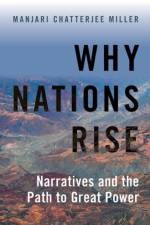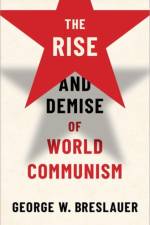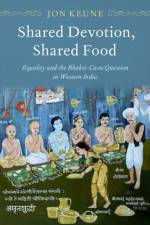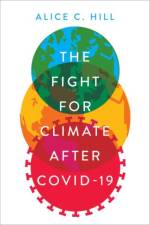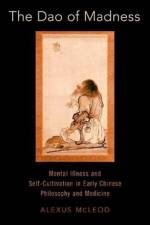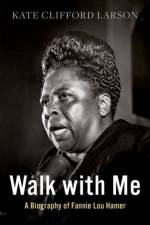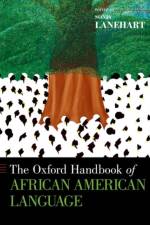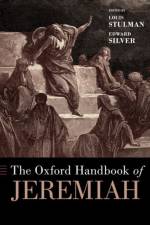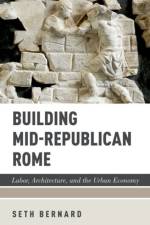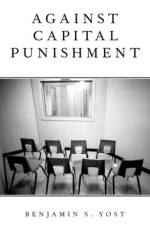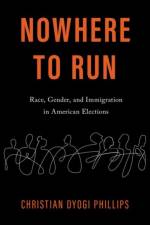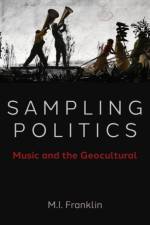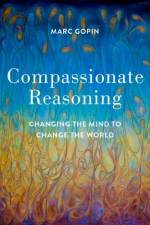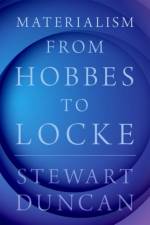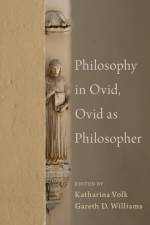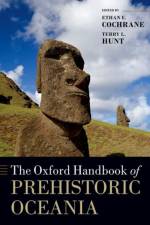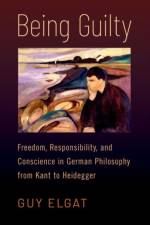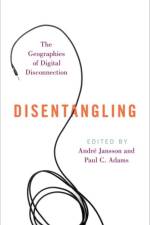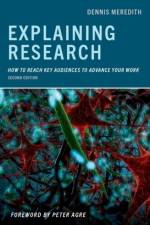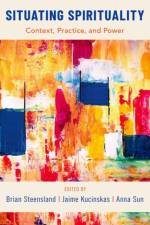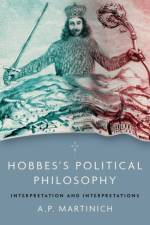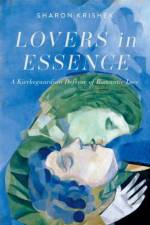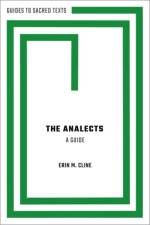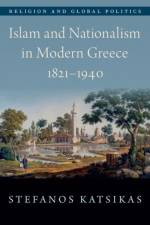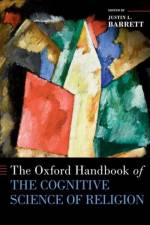- Interpretation and Interpretations
av A.P. (Roy Allison Vaughan Centennial Professor Emeritus in Philosophy Martinich
1 469,-
Thomas Hobbes, the greatest English political philosopher, argued that human beings needed government in order to save their lives from being "solitary, poor, nasty, brutish, and short." They form governments by making a contract with each other to support a sovereign, to whom they give their right of governing themselves. In other words, government is artificial and not natural to human beings. Hobbes''s arguments are formidable, but often unacceptable. For example,few people believe Hobbes''s claim that the authority of their government is unlimited. Government needs to be limited in some way, such as a system of check and balances, to prevent tyranny. Identifying exactly where Hobbes went wrong is difficult, but also illuminates the truth about government.Hobbes''s Political Philosophy: Interpretation and Interpretations aims to clarify Hobbes''s positions by examining what Hobbes considered a science of politics, a set of timeless truths grounded in definitions. A.P. Martinich explains this science of politics, examining Hobbes''s views on the laws of nature, authorization and representation, sovereignty by acquisition, and others. He argues that in addition to the timeless science, Hobbes had two timebound projects. The first was toeliminate the apparent conflict between the new science of Copernicus and Galileo and traditional Christian doctrine by distinguishing science from religion and understanding Christianity as essentially belief in the literal meaning of the Bible. The second was to show that Christianity is not politicallydestabilizing by appealing to biblical teachings such as "Servants, obey your masters," and "All authority comes from God."In examining Hobbes''s views on political philosophy, Martinich gives a comprehensive overview of Hobbes''s historical context and puts his arguments in dialogue with other interpretations of Hobbes''s philosophy, drawing on the work of scholars such as Jeffrey Collins, Edwin Curley, John Deigh, and Quentin Skinner. This new interpretation of Hobbes''s work will be of interest to philosophers interested in the history of philosophy as well as those interested in political philosophy, theology, andmoral philosophy.



